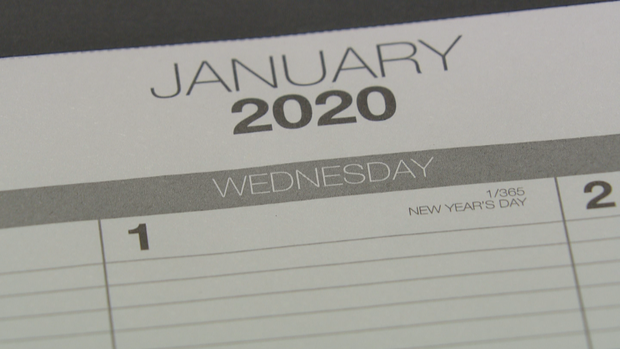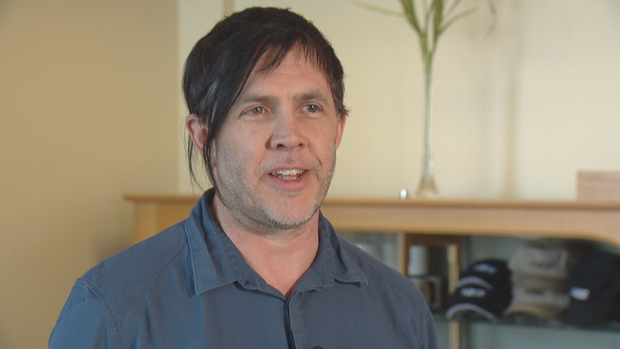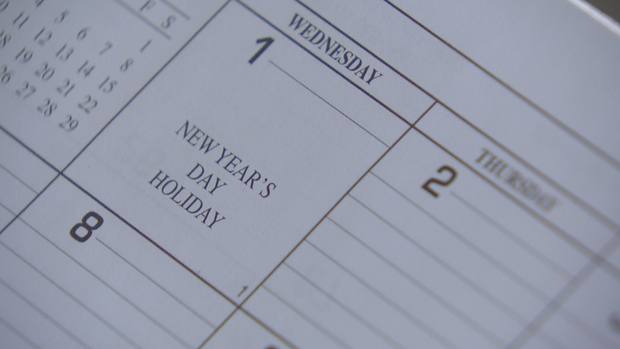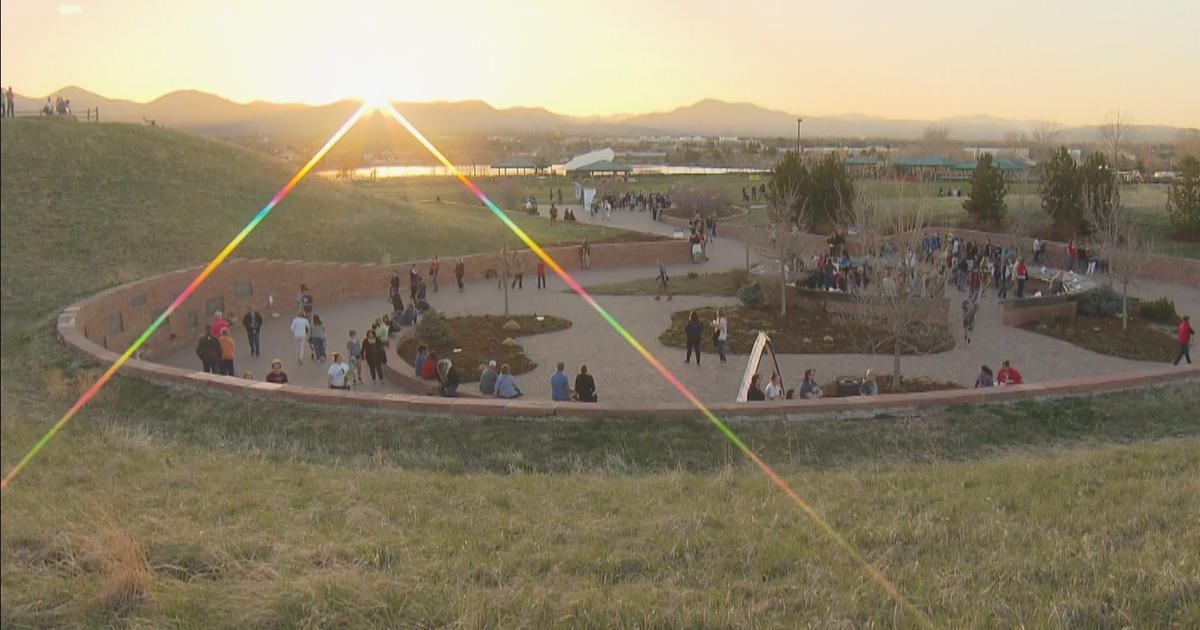'I See It Both Ways': Colorado Scientist Elaborates On New Decade Debate
BOULDER, Colo. (CBS4) – The start of 2020 is commonly considered the beginning of a new decade, but experts say there is an argument to be made that the more accurate count of a new decades in the common era is one year later. The belief states that a new decade should start on the "1" and not the "0" even though that is how society chooses to divide significant time periods.
"Culturally, we define decades as significant, what happened in the 80s, the 90s," said Andrew Novick, an electrical engineer in the Time & Frequency Division at the National Institute of Standards and Technology. "I could reflect back on my previous decade at any time even if it was 2015, I could say in the last decade I did this."
Novick prefers to use the "0" instead of the "1" years to mark a new decade, but he says based on all the information available about the history of tracking time, the facts may prove the less popular view to be true. While this is his personal opinion, he does work for NIST, a federal agency that sets the standard for important measuring units including time and the length of a second.
"The engineering brain says what's the technicality here and what's the math involved," he said.
This is not a new debate, it came up during New Year's Eve 2000 as many celebrated the start of a new millennium. But Novick points out the Roman calendar does not have a "0" and begins with the year 1 so it would push back the count for decades, centuries, and a millennium by a year.
"I'm the guy at the party that's like the engineer well actually, mathematically, I can really see it both ways," he said. "I like the discussion, but I'm fine saying the millennium started with the year 2000."
But whether it is a millennium or even a leap year, there are issues you can easily find with the counting system we use in modern times. He explained that the leap year we mark every four years, including in 2020, tries to compensate for the extra time it takes the earth to rotate around the sun. The extra day created, Feb. 29, represents the partial day we need to complete a year beyond 365 days. But it isn't an even 365.25 days to travel around the sun so the leap year system is not perfect, according to Novick.
"There's a lots of discrepancies in the calendar that if you wanted to count back how many decades we've had, there's lots of missing dates in our calendars," he said.
So this engineer himself chooses to be on "Team Zero" and celebrate like most of the world. He enjoys the debate and supports the education that can come from this conversation.
"I think it's a really interesting discussion, you know, the fact that this comes up is fun to talk about it, and we can talk about and learn about calendars, times, clocks," he said. "I would still go back to culture, the year 2000 is this significant year."
He points out that the debate has even come up on the CBS prime time sitcom "The Big Bang Theory" and acknowledges the significance people put on the start of a new year. He says whether it is a common or unique moment in time that has significance to you, it is worth celebrating how you wish.
"Any milestone year, even just one year," Novick said. "It's great. It's fun to have any kind of milestone."







